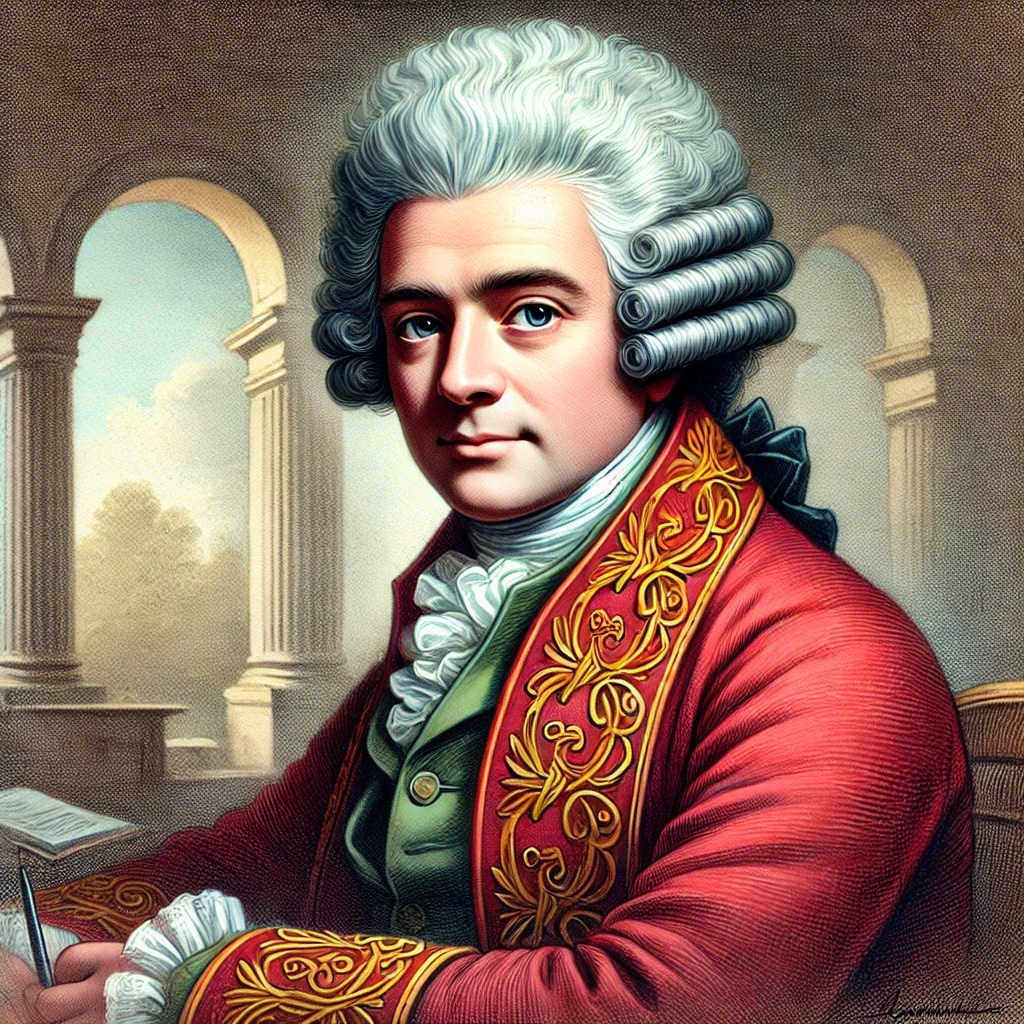David Hume
(1711-1776)

David Hume, a Scottish philosopher and historian, is renowned for his work A Treatise of Human Nature, which initially was not well-received. However, later works like Essays Moral and Political and History of England brought him success. His intellectual contributions earned admiration, especially during his time in Paris, and he remains a philosophical giant .
David Hume, born in Scotland in 1711, is considered one of the most influential philosophers in Western history. His masterwork, A Treatise of Human Nature, has left an indelible mark on philosophy, offering critical perspectives on human psychology, understanding, and reasoning. However, upon its publication, the book was poorly received. Hume himself lamented that it “fell dead-born from the press,” failing to gain the recognition it deserved at the time. Despite this initial setback, A Treatise of Human Nature would later be recognized as a groundbreaking text, setting the stage for modern empirical thought and skepticism.
Undeterred by the reception of his first major work, Hume continued writing. He followed up with Essays Moral and Political, which proved to be a more successful endeavor. These essays were more accessible to a general audience and addressed issues of ethics, politics, and human behavior. Despite the growing recognition of his intellectual talents, Hume faced challenges in securing academic appointments. His candid admission of atheism, a controversial stance in his era, likely prevented him from obtaining positions at prestigious universities such as Glasgow and Edinburgh.
In search of further opportunities, Hume spent time traveling abroad. Upon his return to Edinburgh, he produced two highly successful works: Political Discourses and The History of England. The latter was an extensive and thorough chronicle of English history, spanning multiple volumes. The History of England became immensely popular and cemented Hume’s reputation as not only a philosopher but also a historian of considerable merit. His ability to blend narrative with philosophical insight brought a unique depth to his historical writings, making them both informative and reflective.
Hume’s success as a writer and thinker eventually led him to Paris, where he served as the secretary to the British ambassador. During his time in France, Hume was highly appreciated by the French intellectual community, particularly the philosophes of the Enlightenment. His philosophical ideas resonated with the French thinkers, and he enjoyed a warm reception during his stay. Hume fondly referred to his time in Paris as “walk[ing] on flowers,” a metaphor that reflected the ease and pleasure he found in his interactions with the vibrant intellectual circles of the French capital.
Eventually, Hume returned to his native Edinburgh, where he continued to write and engage with other thinkers. Though he faced adversity in the early part of his career, Hume lived to see his work widely celebrated. By the time of his death in 1776, he was mourned as one of the intellectual giants of his era. His philosophical ideas—especially his skepticism and emphasis on empiricism—have continued to influence generations of thinkers, and his historical writings remain respected to this day.
Hume’s legacy endures, with A Treatise of Human Nature serving as a cornerstone of modern philosophy. Despite the initial lackluster reception, his ideas on human understanding, morality, and politics have had a profound and lasting impact on the world of philosophy, shaping the discourse for centuries to come.
 >
>